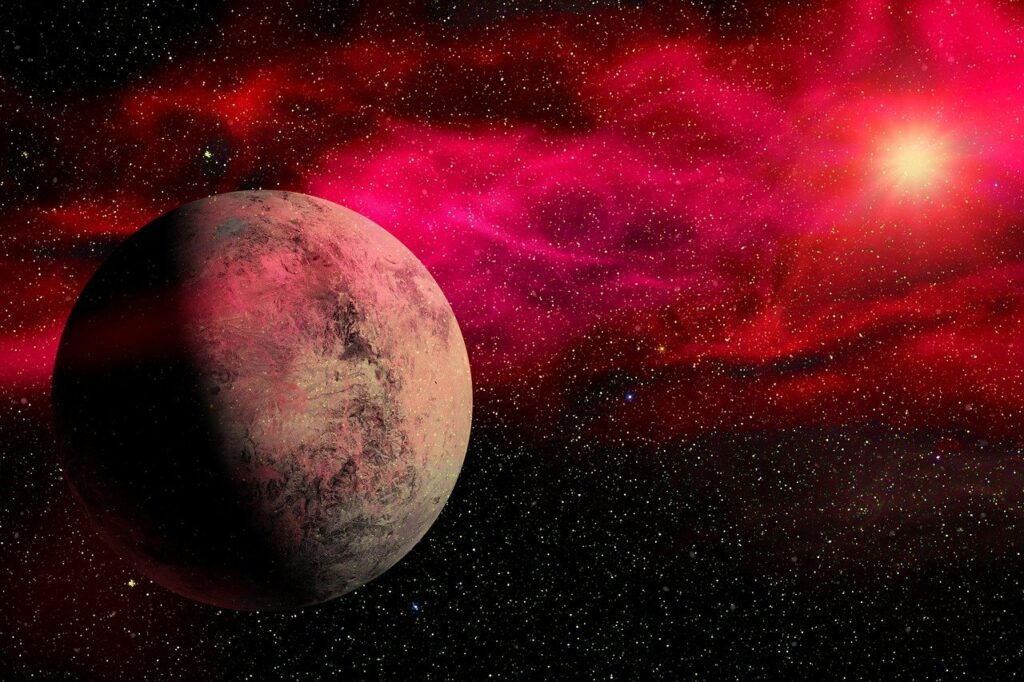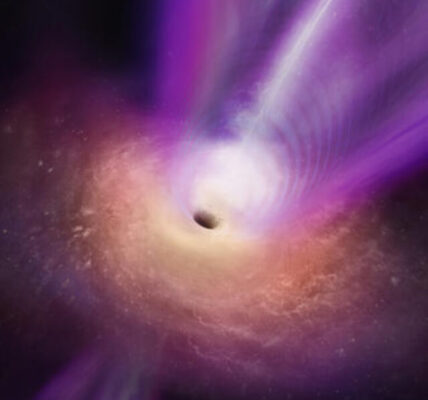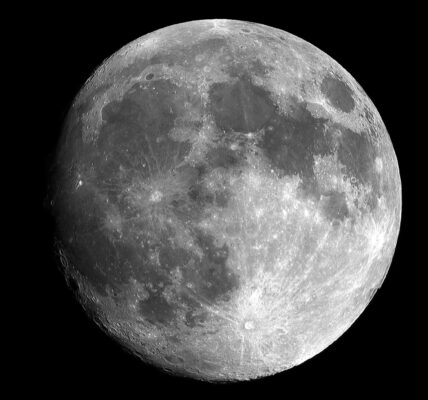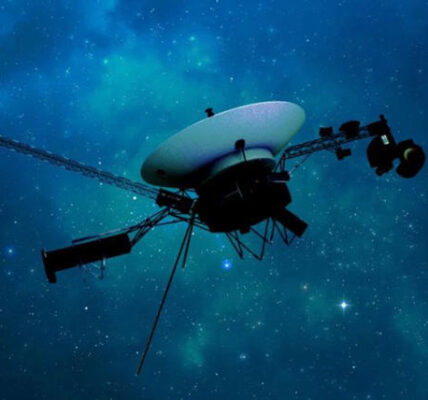NASA Mars Exploration: Did We Accidentally Kill Martian Life?
NASA Mars exploration has been ongoing for decades. A recent theory suggests that early missions may have inadvertently killed potential Martian life forms.

© SCIEPRO/SCIENCE PHOTO LIBRARY via Getty Images
NASA Mars Exploration: A Delicate Balance
The Red Planet, with its intriguing geological features and potential for past or present life, has captivated the human imagination. However, a recent theory has cast a shadow over our Martian ambitions: could our early missions have inadvertently killed any potential Martian life forms?
The Viking Missions: A Bold First Step
In the 1970s, NASA’s Viking missions marked a significant milestone in our exploration of Mars. These robotic landers were equipped with sophisticated instruments designed to search for signs of life. One of the experiments involved adding water to Martian soil samples and monitoring for any biological activity.
A Controversial Hypothesis
Astrobiologist Dirk Schulze-Makuch has proposed an intriguing hypothesis: the very methods used to detect life on Mars may have unintentionally destroyed it. He suggests that Martian microbes, adapted to the harsh conditions of the Red Planet, may have been overwhelmed by the sudden influx of water.
The Delicate Nature of Martian Life
Schulze-Makuch draws parallels between the Martian environment and the Atacama Desert on Earth. In the Atacama, certain microbes have evolved to survive in extremely arid conditions by absorbing moisture directly from the atmosphere. He speculates that Martian microbes may have employed similar strategies to endure the harsh Martian climate.
The Risk of Hyperhydration
The Viking experiments involved adding water to Martian soil samples, a process that could have been detrimental to these delicate organisms. By flooding their environment, we may have inadvertently drowned them. This concept, known as hyperhydration, can be fatal to organisms adapted to extreme aridity.
A Cautionary Tale for Future Missions
Schulze-Makuch’s hypothesis serves as a cautionary tale for future Mars missions. As we strive to explore the Red Planet, we must be mindful of the potential impact of our activities on any existing life forms. Future missions should prioritize the use of non-invasive techniques to minimize the risk of disturbing the Martian ecosystem.
The Search for Life Continues
Despite the challenges and uncertainties, the search for life on Mars remains a compelling scientific endeavor. By learning from past mistakes and adopting more cautious approaches, we can increase our chances of discovering the truth about the Red Planet’s biological history.
A Call for Responsible Exploration
As we venture into the unknown, it is imperative to approach our exploration of Mars with a sense of responsibility. By understanding the potential consequences of our actions, we can ensure that our quest for knowledge does not inadvertently harm the very life we seek to discover.
Conclusion
The question of whether we have already killed Martian life remains open. However, Schulze-Makuch’s hypothesis underscores the importance of careful planning and execution of future Mars missions. By adopting a more cautious approach, we can increase our chances of unraveling the mysteries of the Red Planet and perhaps even discovering extraterrestrial life.
Related:
Super-Eddington Black Hole: 10X More Powerful Than Expected




